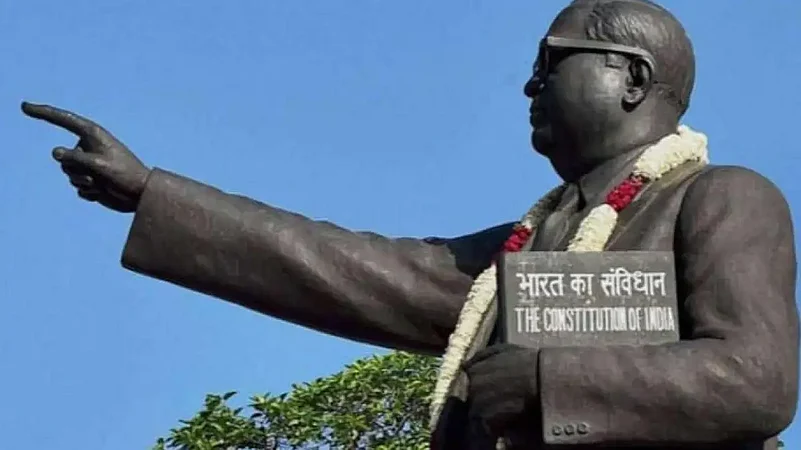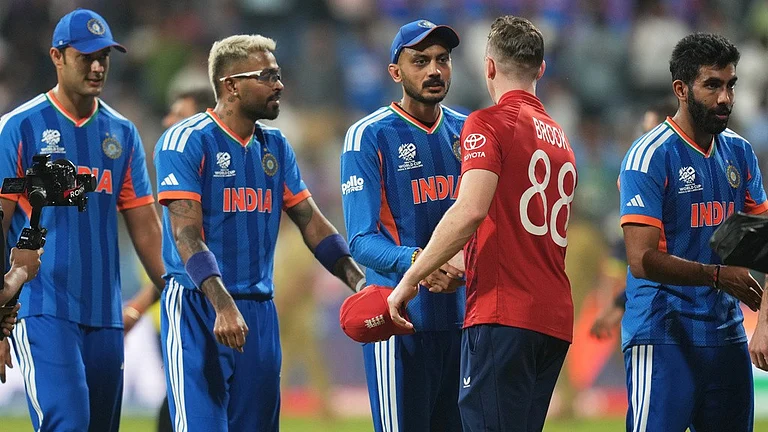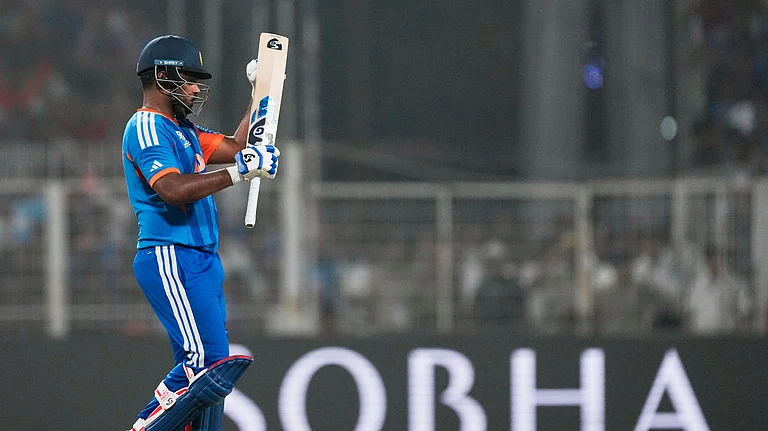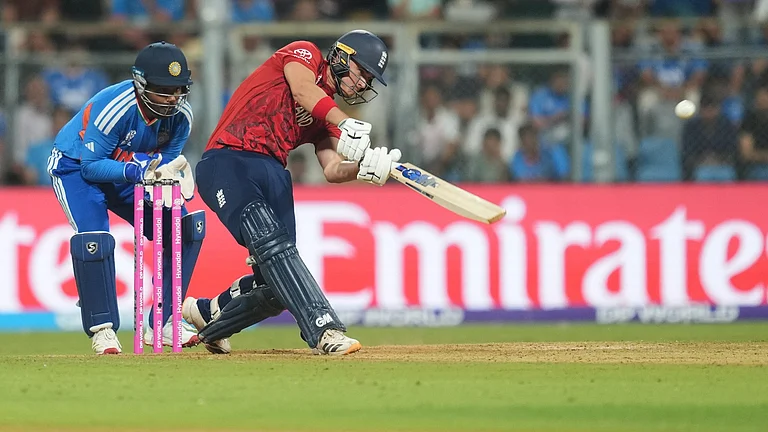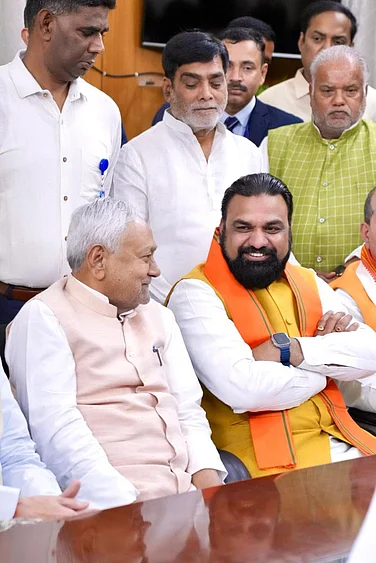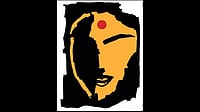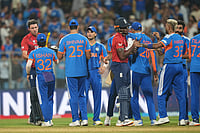As we celebrate yet another birth anniversary of Babasaheb BR Ambedkar, while lamenting the state of democracy in our country, it’s instructive to look back at his vision of democracy and analyse where we are going wrong.
Jean Dreze stressed that the future of Indian democracy depends a great deal on the revival of Babasaheb’s visionary conception of democracy. Ambedkar strongly believed that democracy is always changing its form and is always in flux. He believed that modern democracy not only places a check on an autocratic rule, but also brings about the welfare of the people.
He moved a step forward from Walter Bagehot, for whom democracy was a government by discussion and from Abraham Lincoln, for whom democracy was a government of the people, by the people and for the people. Ambedkar defined democracy as “a form and a method of government whereby revolutionary changes in the economic and social life of the people are brought about without bloodshed”.
For the successful functioning of such a democracy, he puts forward certain conditions. Firstly, there must not be any glaring inequalities in society and there must not be an oppressed class. There must not be a class that has got all the privileges and a class that has got all the burdens to carry. At present, in the post-pandemic world, we are experiencing increasing socio-economic inequalities which are making democratic nations mere empty vessels.
Secondly, he emphasized on the existence of a strong opposition. Democracy means veto power. Democracy is a contradiction of hereditary authority or autocratic authority, where elections act as a periodic veto in which people vote out a government and opposition in parliament act as an immediate veto that curbs the autocratic tendencies of the government in power. Unfortunately, we now witness the weakening of democracy with a weakened opposition.
He also argued that parliamentary democracy develops a passion for liberty; liberty to express one’s thoughts and opinion, liberty to lead a respectful life, liberty to do what one values. But we can see a parallel fall of India in the Human Freedom Index along with a weakened opposition and consequently falling democratic credentials.
In its annual report on global political rights and liberties, US-based non-profit Freedom House downgraded India from a free democracy to a "partially free democracy". A Sweden-based V-Dem Institute said India had become an "electoral autocracy", and later described as a "flawed democracy". India has slipped two places to 53rd position in the latest Democracy Index published by The Economist Intelligence Unit.
Ambedkar also upheld equality in law and administration. Likes should be treated likely and there should be no discrimination based on class, caste, gender, race and so on. He brought forward the idea of constitutional Morality. For him, the constitution contains only the legal skeleton, but the flesh is what he calls constitutional morality. Noted academic Pratap Bhanu Mehta sums up Babasaheb’s idea of constitutional morality as a state marked by self-restrain, respect for plurality, scepticism about the authoritative claims to popular sovereignty and open culture of criticism. But India is now facing fundamentalism and growing intolerance towards oppressed groups and communities.
Lastly, Ambedkar stresses that democracy requires a functioning moral order in society, a vibrant public conscience, as there is no place for the tyranny of the majority over the minority in a democracy .
For him, parliamentary democracy was the negation of hereditary rule. However, the hereditary rule has modernised itself into dynasticism to suit the present time. This was made visible by Christophe Jafferlot, who profiled the 17th Lok Sabha to find out that a number of elected representatives belong to some political families across parties.
Ambedkar's vision of democracy needs to be rediscovered to fight hatred, violence, sectarianism and fundamentalism, to use it as a shield against casteist and religious fanaticism. To realise democracy not in its narrow sense, not only by counting votes while conducting elections but as Babasaheb in his vision explains it: “Democracy is not merely a form of Government. It is primarily a mode of associated living, of conjoint communicated experience. It is essentially an attitude of respect and reverence towards our fellow men.”
(Anjali Chauhan is a PhD scholar from the University of Delhi.)


